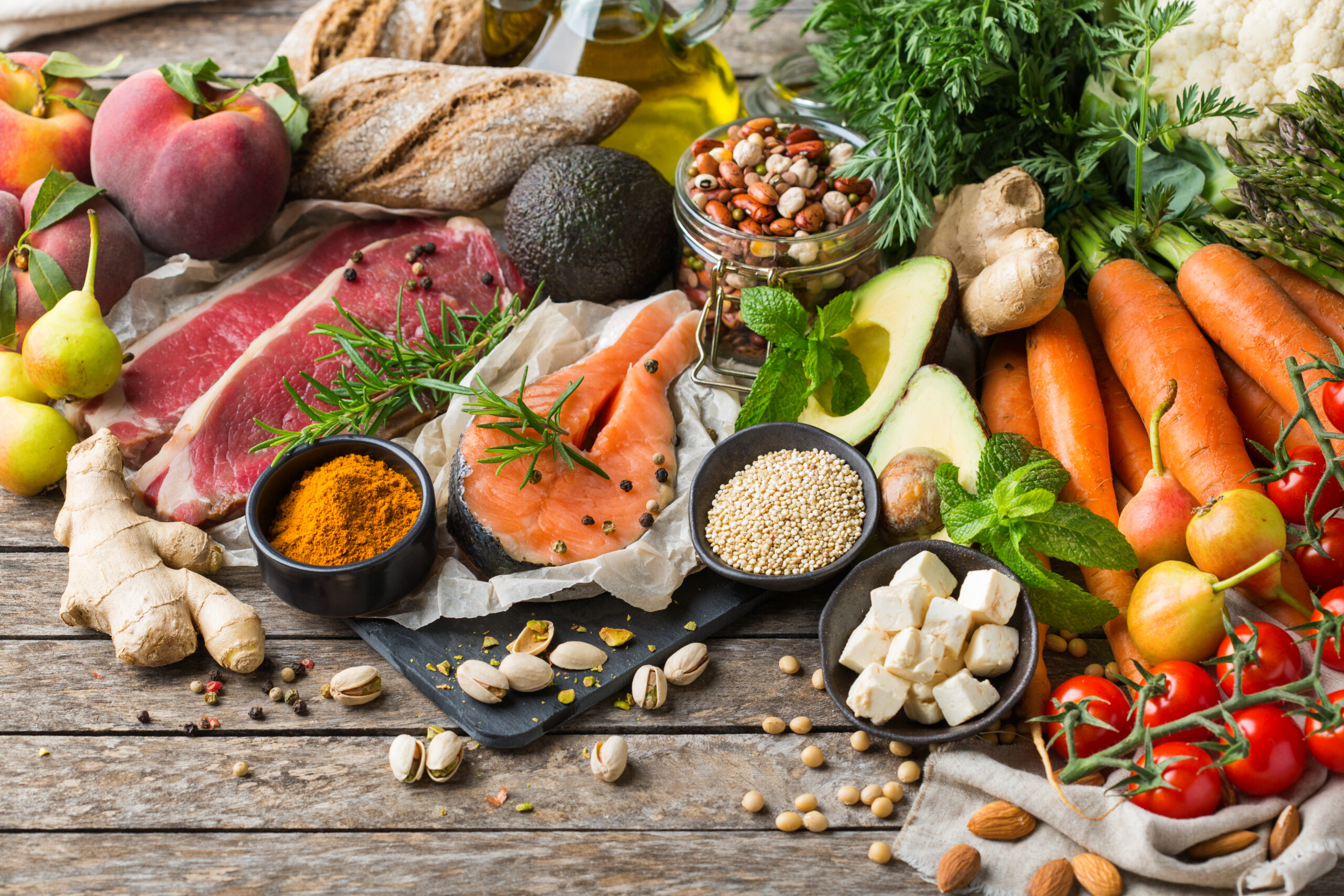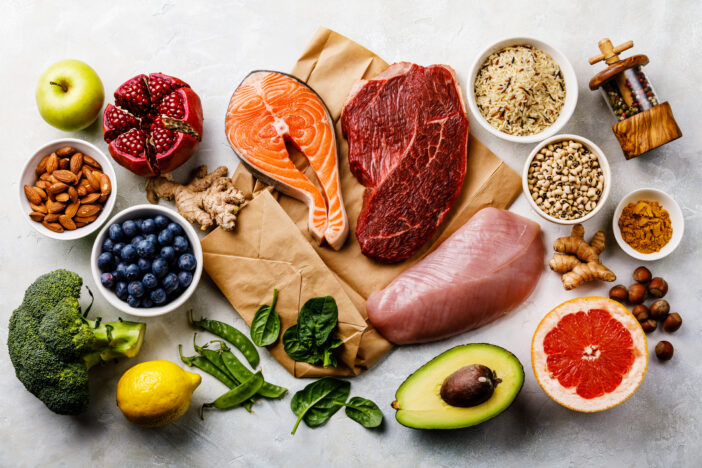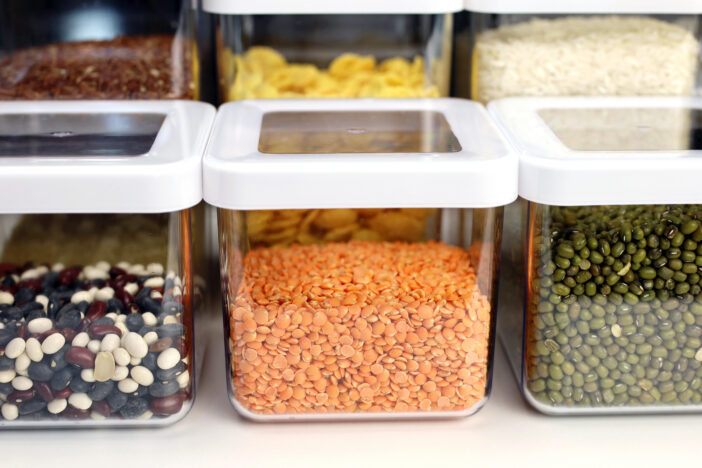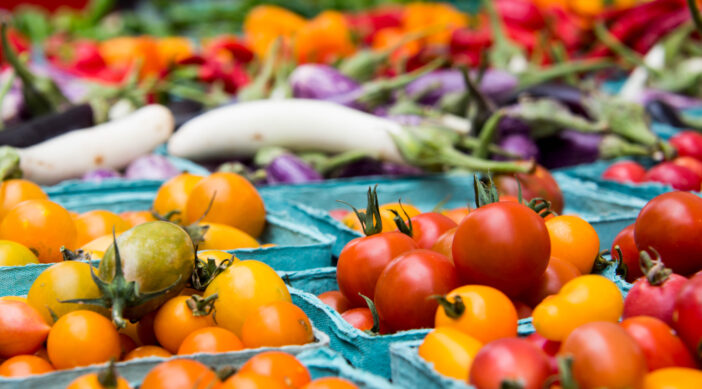How Unprocessed Foods Lead To Better Health
Essential tips for shopping unprocessed foods: understand, benefits, plan, read labels, shop seasonal, store properly, prep for easy use.

In a world where processed foods are ubiquitous, making the shift to unprocessed, whole foods can be a powerful step towards better health. This article offers essential tips to help you navigate the grocery aisles and stock your kitchen with nutrient-rich, unprocessed foods.
Disclosure: As an Amazon Associate, this site earns from qualifying purchases. Thank you!
1. Understanding Unprocessed Foods

Unprocessed foods are items that have not been canned, packaged, or changed from their natural state. These are the foods that don’t have added sugars, preservatives, or artificial flavorings. They include fresh fruits and vegetables, whole grains, nuts, seeds, fresh meat, and fish. Understanding the distinction between unprocessed and processed foods is crucial in making healthier food choices that are closer to their natural form.
2. Benefits of Eating Whole Foods
Eating whole foods is beneficial for numerous reasons. They are typically higher in essential nutrients, fiber, and antioxidants, which are all crucial for maintaining good health. Moreover, whole foods have a lower energy density, which means they provide fewer calories than processed foods, helping in weight management. Incorporating a diet rich in whole foods can also reduce the risk of chronic diseases such as heart disease, diabetes, and certain cancers.
In the video, WholisticMatters explains –
- Definition of Whole Foods: Whole foods provide nutrients in their natural form, housed in their natural matrix of proteins, fats, and fibers.
- Importance of Varied Whole Foods: Eating a diet rich in varied whole foods is emphasized as the best way to obtain essential vitamins, minerals, and phytonutrients for optimal health.
- Challenges in Modern Diet: The prevalence of ultra-processed foods, stripped of nutritional value, poses a challenge to maintaining a nutritionally balanced diet.
- Nutritional Gaps: Approximately 80 percent of individuals face nutritional gaps due to busy lifestyles and the consumption of processed foods, which can have a detrimental impact on health over time.
- Role of Supplements: Supplements are suggested to fill nutritional gaps; however, it is highlighted that not all supplements have the same bioavailability and nutrient density as natural foods.
- Foundation of Whole Food-Based Nutrition: Whole food-based nutrition is built on a foundation of organic, nutrient-dense plants such as alfalfa, beets, kale, and oats.
- Nutrient Safeguarding: Ingredients are prepared in a way that safeguards their nutrients inside their natural matrix of proteins, fats, and fibers, ensuring their bioavailability.
- Bioavailability Support: This preparation method supports the bioavailability of the nutrient-dense ingredients, helping the body extract the maximum benefits.
- Importance of Organic Nutrient-Dense Plants: The use of organic nutrient-dense plants is emphasized as a key element in whole food-based nutrition.
- Nourishing the Body Naturally: Whole food-based supplements and a diet rich in whole foods are promoted as a way to nourish the body the way nature intended, supporting overall health and well-being.
WholisticMatters
3. Planning Your Shopping List

Before heading to the store, plan your shopping list based on the meals you’ll prepare throughout the week. This helps in avoiding impulsive purchases of processed items. Include a variety of fruits, vegetables, whole grains, legumes, nuts, seeds, and lean proteins to ensure a balanced diet. Planning also makes it easier to stick to buying unprocessed foods and can save time and money.
4. Reading Labels with Care

When shopping for unprocessed foods, it’s important to read labels carefully. Even products that seem healthy can contain hidden sugars, sodium, and preservatives. Look for items with short ingredient lists, and ingredients that you recognize as whole, unprocessed foods. Avoid anything with added sugars, artificial flavors, or ingredients that are difficult to pronounce.
5. Seasonal Shopping Strategies
Purchasing produce that is in season not only ensures that you’re getting the freshest and tastiest foods, but it is often more affordable. Seasonal fruits and vegetables are picked at the peak of their ripeness, which means they are packed with nutrients. Familiarize yourself with the seasonal produce in your area and plan your meals accordingly. This approach supports local farmers and reduces the carbon footprint associated with transporting out-of-season produce from far away.
6. Navigating the Grocery Store

The layout of most grocery stores is designed with the perimeter housing the freshest, least processed foods such as produce, dairy, and meats, while the inner aisles contain more processed items. Start your shopping trip around the outer edges of the store and only venture into the inner aisles for specific whole food items like rice, beans, or nuts. This strategy can help you avoid the temptation of processed snacks and convenience foods.
7. Buying in Bulk the Right Way

Buying in bulk can be a great way to save money and reduce packaging waste. Look for bulk bins at your local grocery store or health food store where you can purchase whole grains, legumes, nuts, and seeds. However, be mindful of the quantities you’re buying to avoid food waste. Store bulk items in airtight containers to maintain freshness and extend their shelf life.
8. Storing Your Whole Foods

Proper storage is key to preserving the freshness and nutrient content of unprocessed foods. Most fruits and vegetables should be stored in the refrigerator, except for those that ripen better at room temperature, like bananas and tomatoes. Whole grains and legumes can be stored in a cool, dry place in airtight containers. Keeping your food well-organized also helps you to use items before they go bad.
9. Farmer’s Markets & Local Produce

Farmer’s markets are excellent sources for fresh, local, and often organic unprocessed foods. By shopping at these markets, you support local agriculture and reduce the environmental impact of your food choices. Additionally, you can often find a wider variety of fruits and vegetables than what’s available at grocery stores, including heirloom and specialty items that are grown locally.
10. Prepping Foods for Easy Use
Once you’ve shopped for unprocessed foods, take some time to prep them for easy use throughout the week. Wash and chop vegetables so they’re ready for cooking or snacking. Cook a batch of whole grains like brown rice or quinoa to have on hand for quick meals. By having prepared ingredients ready to go, you’re less likely to reach for processed convenience foods when you’re short on time.
Embracing a diet rich in unprocessed foods can profoundly impact your health and well-being. With these essential tips, you’ll be well-equipped to shop for and enjoy the myriad benefits of whole foods, setting the stage for a healthier lifestyle.






